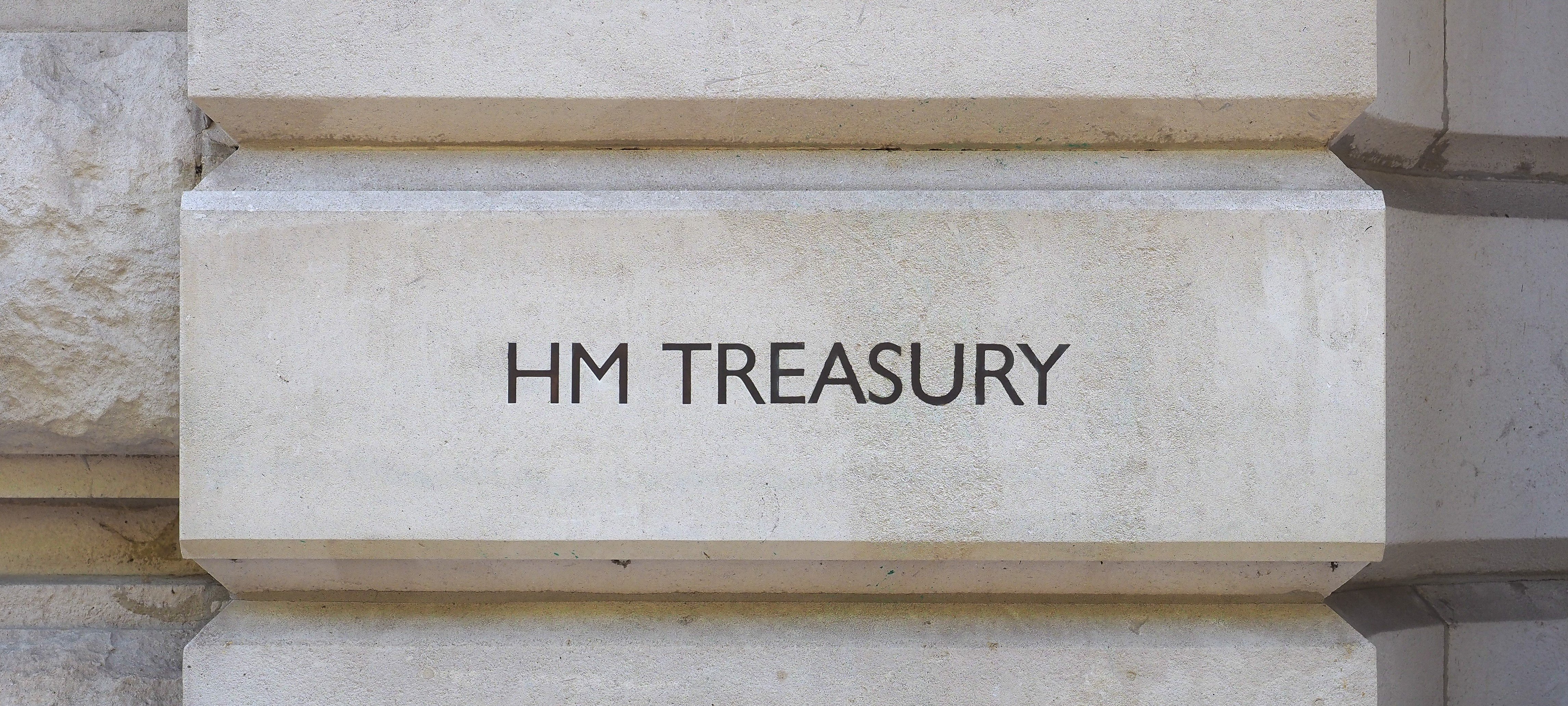What are the SEIS changes in the 2023/24 tax year?
On 6th April 2023, changes to Seed Enterprise Investment Scheme (SEIS) took effect.
Broadly, these changes include higher maximum investment amounts that a company can raise via the scheme, and that an investor can allocate on an annual basis, as well as more inclusive eligibility criteria for firms looking to raise SEIS investment.
These changes have been widely welcomed by UK startups and investors alike. This is, in part, due to many UK startups finding it increasingly challenging to access finance due to difficult economic conditions so far in 2023. Meanwhile, many UK investors are seeking ways to mitigate the impact of rising tax burdens following rate freezes and threshold decreases – many of which which also came into effect at the beginning of the 2023/24 tax year.
The four changes to the SEIS that were (technically) introduced on 6th April 2023 are as follows:
- The maximum amount a company can raise under the SEIS has risen from £150k to £250k.
- Eligibility criteria is now more inclusive, with companies holding assets of up to £350k (compared with £200k) now being able to qualify for the SEIS.
- Companies that have traded for up to three years can now qualify for the SEIS (an increase from the previous two-year limit).
- Individual investors can now invest twice as much in SEIS shares in a single tax year (£200k up from £100k).
Each of these adjustments to the scheme have resulted in a more generous SEIS for both investors and startups. However, there are a number of additional points to be aware of regarding these updates to the scheme.
SEIS adjustments: key considerations for investors and startups
Firstly, it is important to note that these SEIS changes are part of the Finance (No. 2) Bill which is currently going through Parliament. It is expected that this Bill will be given Royal Assent around July 2023. This means that the changes to SEIS detailed above could potentially be changed or cancelled before they officially become law – but this is unlikely.
You can follow the progress of the Bill on the UK Parliament website.
Despite the fact that the changes are not yet fully approved, SEIS-qualifying companies should still be able to follow the new rules, such as raising a maximum of £250k as opposed to £150k, before the Finance (No. 2) Bill has been approved. However, it is still important to note the potential caveats mentioned above, and the fact that these changes are not entirely concrete until the bill receives Royal Assent.
Overall, following these adjustments to the SEIS, the UK government expects around 2,000 businesses to utilise the scheme annually. Furthermore, it is estimated that approximately 9,000 private investors will benefit from the SEIS each year.
What SEIS tax reliefs are available for investors?
For UK investors, SEIS tax reliefs remain unchanged, and it is possible to take advantage of the following tax benefits:
- 50% initial income tax relief on the amount invested (resulting in an actual net cash outlay of 50p in each pound invested).
- Capital gains tax (CGT) disposal relief (gains earned via the scheme are not subject to CGT).
- CGT deferral relief (potential to reduce an existing CGT bill by up to 50% if gains are reinvested in SEIS shares).
- Loss relief (offset any potential loss against marginal rate of income tax or CGT).
- Inheritance tax exemption (shares are exempt from IHT, provided they have been held for at least two years).
How might the SEIS changes impact investors and startups?
For early-stage UK businesses, the decision to widen the SEIS eligibility criteria and investment limits means that finance could become more accessible. Subsequently, this could support UK startups in achieving more rapid growth, and ultimately provide greater support to the wider SME economy.
For investors, the extension means that more capital can be allocated to SEIS-eligible investments per annum (£200,000 up from £100,00). This provides investors with greater scope to benefit from the wealth of tax benefits available via the scheme, and can potentially facilitate more considerable investment returns upon exit. Additionally, with the updated rules allowing more mature businesses to qualify for the SEIS than previously allowed, investors could invest in companies associated with a relatively lower level of risk.
Overall, with the help of the SEIS adjustments, early-stage firms could be better positioned to positively transform industries and communities as sourcing finance may become relatively easier. Similarly, these changes can provide the opportunity for investors to invest in more established companies whilst still receiving the generous tax incentives offered by the SEIS.
Ultimately, both SEIS investors and UK businesses are likely to benefit from the adjustments to the SEIS in the 2023/24 tax year.
%20(3)%20(2).jpg)











